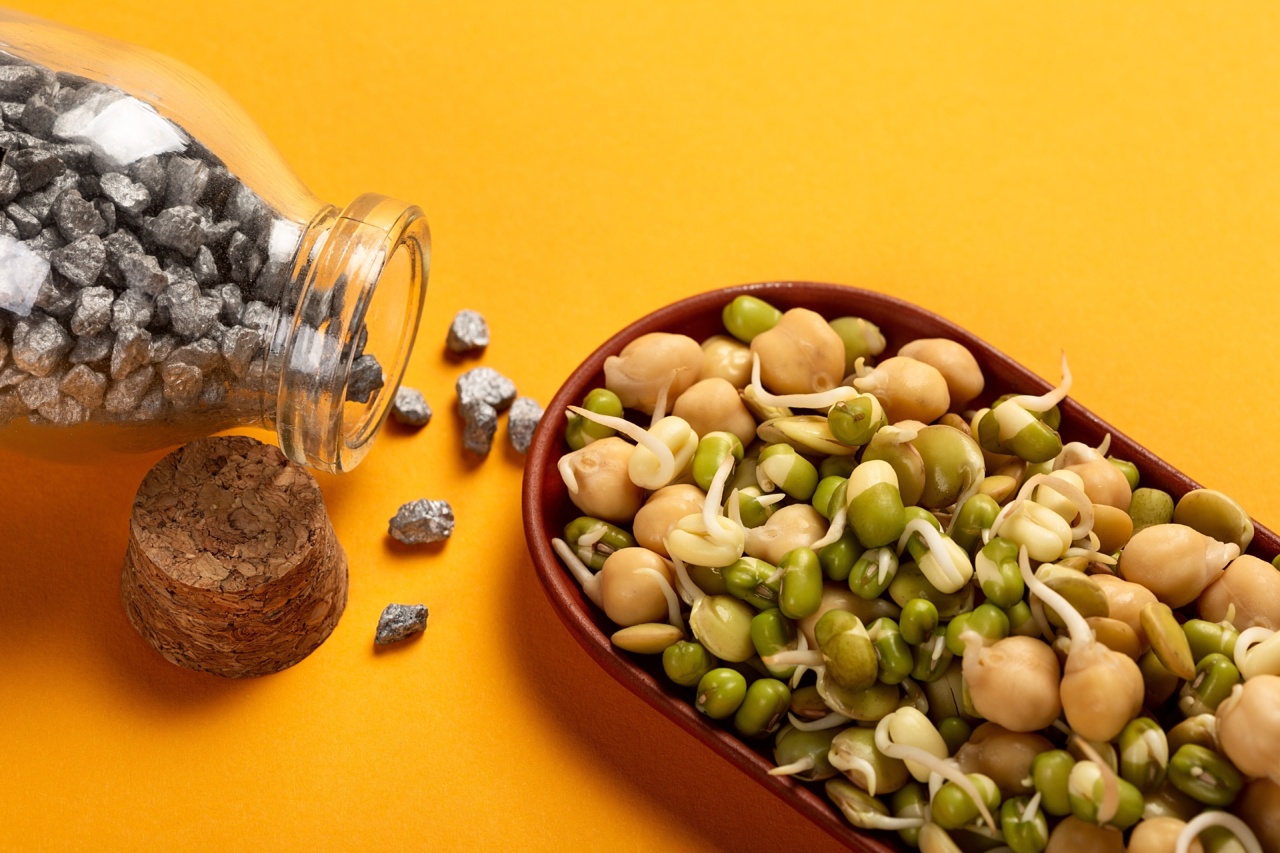Beans are a class of vegetables that are widely consumed worldwide. They are not only nutritious and healthy but also delicious and versatile. Beans are rich in various essential nutrients, including protein, fiber, vitamins, and minerals.
They are also found to be helpful in managing and controlling multiple health concerns, including high cholesterol levels.
What is Cholesterol?
Cholesterol is a waxy substance that is found in the body and the food we eat. Our liver naturally produces the required amount of cholesterol that our body needs. Cholesterol helps in producing hormones, Vitamin D, and aiding digestion.
However, when our body produces more cholesterol than necessary, it becomes a cause of concern. The excess cholesterol can clog up in the arteries, causing a blockage in the blood flow, and increase the risk of cardiovascular diseases such as heart attacks and strokes.
How do Beans fight Cholesterol?
Beans have a variety of nutrients that are beneficial for reducing cholesterol levels, including fiber, plant protein, phytosterols, and minerals.
Fiber:
The fiber content of beans is one of the compelling reasons to consume them regularly. Fiber helps in lowering the low-density lipoprotein (LDL) or “bad” cholesterol.
It binds to bile acids and removes them from the body, thereby reducing cholesterol levels. The recommended daily intake of fiber for adults is 25-30 grams, which can be easily attained by including beans in your daily diet.
Plant Protein:
Beans are an excellent source of protein, and they offer an exceptional alternative to animal-based protein sources.
Plant protein in beans helps in reducing LDL cholesterol levels with no adverse effects on the high-density lipoprotein (HDL) or “good” cholesterol. Consuming beans regularly can help in maintaining a healthy balance of LDL and HDL levels in the body.
Phytosterols:
Phytosterols are plant-derived compounds that have a similar chemical structure to cholesterol. They can compete with cholesterol for absorption in the small intestine, thereby reducing cholesterol levels in the body.
Beans and other legumes are a rich source of phytosterols and consuming them regularly is helpful in reducing the risk of heart diseases.
Minerals:
Beans are a rich source of minerals such as magnesium and potassium. These minerals help in lowering the blood pressure and support cardiovascular health.
Consuming beans regularly can help in reducing the risk of heart diseases, especially in individuals with hypertension.
The Best Beans for Reducing Cholesterol:
All types of beans are beneficial for reducing cholesterol levels; however, some of them are more effective than others. The following are the top beans that are known to be beneficial for managing cholesterol levels:.
- Black beans: Black beans are rich in fiber, protein, and phytosterols.
- Navy beans: Navy beans are rich in soluble fiber that helps in reducing cholesterol levels.
- Garbanzo beans: Garbanzo beans are an excellent source of Soluble fiber, which helps in lowering cholesterol levels.
- Adzuki beans: Adzuki beans are high in Soluble fiber, protein, and magnesium that are useful for managing cholesterol levels.
- Soybeans: Soybeans are an excellent source of plant-based protein and phytosterols.
Ways to Include Beans in Your Diet:
Adding beans to your diet is simple and easy. Here are some ways to include them:.
- Add beans to your soups, stews, and chili.
- Use beans as a filling for tacos, burritos, and wraps.
- Mash beans or use them as a spread for sandwiches.
- Add cooked beans to your salads for extra protein and fiber.
- Roast or sprout beans for a crunchy snack.
Precautions:
Although beans are safe to consume for most people, some individuals may experience digestive issues like bloating and gas due to the high fiber content.
Therefore, it is essential to gradually incorporate beans into your diet and drink plenty of water to aid in digestion. However, if you experience severe discomfort or allergy-like symptoms, stop consuming beans immediately and seek medical attention.
The Bottom Line:
Beans are an excellent source of nutrients that provide numerous health benefits and have been proven to be helpful for reducing cholesterol levels. Consuming beans regularly can aid in cardiovascular health, weight loss, and managing type-2 diabetes.
Incorporating beans into your diet is easy and versatile and should be considered as part of a healthy balanced diet.





























